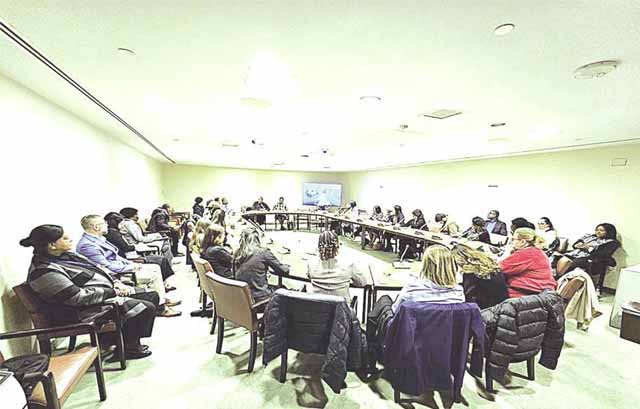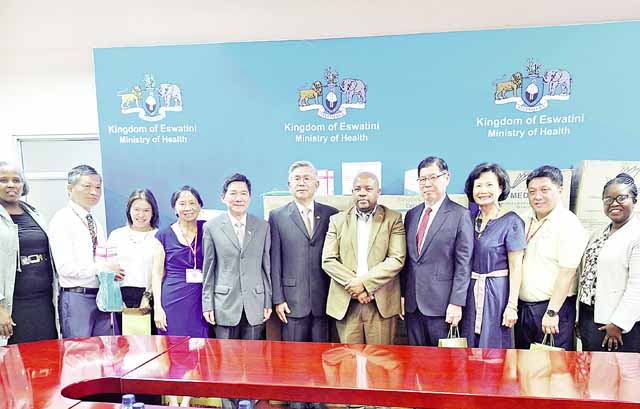By Bodwa Mbingo | 2025-04-06

Eswatini was part of tertiary education institutions in the Southern African Development Community (SADC) that convened in Johannesburg, South Africa, to initiate collaboration on co-creating a curriculum that aims to transform entrepreneurship through education.
The strategic partnership between eight institutions in South Africa, Lesotho, Namibia and Eswatini was launched by the Technological Higher Education Network South Africa (THENSA) to enhance graduate employability in the region.
Funded by the Erasmus+ Capacity Building in Higher Education (CBHE) programme, the University-Industry Co-Creation (UNIICo-create) project aims to tackle the pressing challenges of low job creation, limited start-up success and graduate unemployment in the SADC region, according to project leader Dr Sershen Naidoo.
According to University of Venda publication, unpacking the initiative during the event, Naidoo said the collaboration recognises the role of entrepreneurship in driving economic growth and addressing Sub-Saharan Africa’s priority action on sustainable growth and jobs.
The collaborative approach adopted will ensure that the project’s impact is systemic and sustainable, with strong support from both academics and policymakers.
UNIICo-create unites a diverse range of stakeholders, including higher education institutions, ministries of education from each participating nation; EU partner institutions from Ireland, France and Finland; and key higher education authorities and consortia.
They are the Southern African Regional Universities Association or (SARUA), South African Qualifications Authority, Association of African Universities, Association of Technical Universities and Polytechnics in Africa, and Universities South Africa, which represents all public universities in South Africa.
Naidoo said one of the project’s key objectives is the co-creation of curricula, which includes the training of academic leaders to collaborate with industry and societal partners in developing curricula that promote entrepreneurship and innovation.
Secondly, the plan is to establish co-creation units and pilot the integration of co-creation units within universities’ Technology Transfer Offices to facilitate collaborative projects between students, staff and industry.
As drivers of an ecosystem, they will create a network of advocates who can influence policies related to university-industry cooperation, curriculum design and joint qualifications.
From a South African perspective, according to the 2023-24 Global Entrepreneurship Monitor (GEM) South Africa Report, the country’s overall entrepreneurial environment is declining. In 2023, it was the third-lowest among the 49 GEM participating economies.
Therefore, through this initiative, Naidoo said, participating universities would be equipped with the tools, resources and partnerships to cultivate entrepreneurial mindsets among students and staff.
UNIICo-create builds upon the foundation laid by HERE-Africa, a network born from THENSA’s previous Erasmus+ CBHE-funded project, Higher Education Reform Experts South Africa (HERE-Africa). The network, hosted by THENSA, also comprises universities and ministries of education.
share story
Post Your Comments Below

THE MTN Bushfire Festival launch will be underway this evening.
The festival is scheduled f...

The North American Taiwanese Medical Association (NATMA) has donated essential medical equipment ...
The Royal Eswatini Police Service has honoured more than two hundred retired police officers who ...

Eswatini was part of tertiary education institutions in the Southern African Development Communit...
All material © Swazi Observer. Material may not be published or reproduced in any form without prior written permission.
Design by Real Image Internet